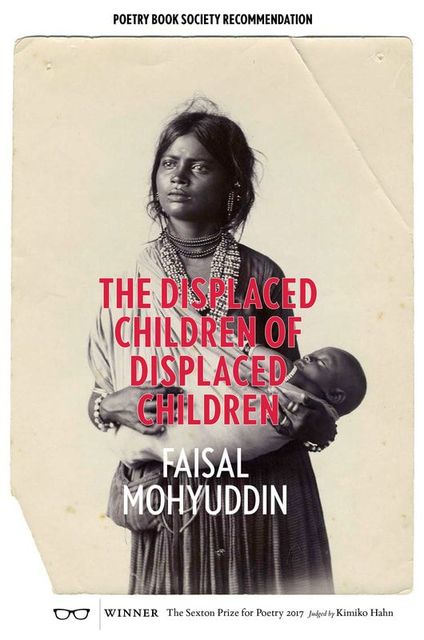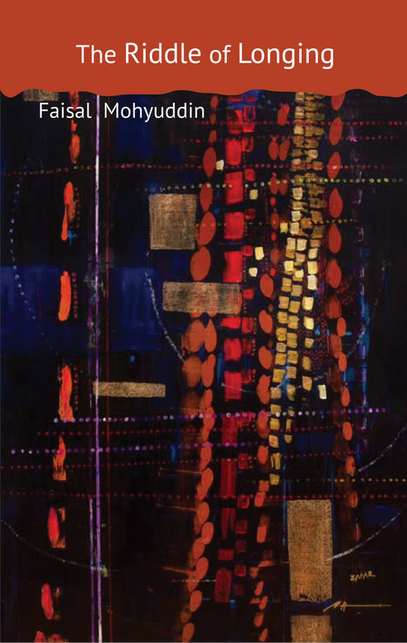BOOKS
|
The Displaced Children of Displaced Children
A Poetry Book Society 2018 "Summer Recommendation" Eyewear Publishing (2018) (cover design by Edwin Smet) ORDER NOW: SPD | Amazon | Barnes & Noble The Displaced Children of Displaced Children demands your attention from its title, which speaks directly to a specific immigrant reflexivity, the way the seam of placelessness both separates and connects generations. In one poem the speaker “forgets the Urdu / word for loneliness, forgets the Punjabi word for / loneliness, forgets the English word for loneliness.” In another, he finds himself “holding two large rocks, // looking for something else / sacred to smash open.” These aren’t hopeless poems, but they have known hopelessness. What a marvel it is then, this work (and it is work) to turn back toward joy, to create joy despite (or to spite) those forces that would conspire against it. Here, starlight travels centuries just to dazzle us. The son of a father becomes the father of a son. “Eternity exists only in mirrors”, the book says, then demonstrates. I am such an eager student of this book, this poet, and this light.
—Kaveh Akbar, author of Calling a Wolf a Wolf |
The Riddle of Longing
Backbone Press (2017) (Cover art: "Chundree" by Zafar Malik and Sadia Uqaili) ORDER NOW In these poems, Faisal Mohyuddin assembles a lyrical narrative using historical fact and “ethereal longing” as material—a longing that sprouts from, or settles into, the unlikeliest crevices of the historical-personal. For every gash on the map of partition, there is a gap closing between ceramic tiles affixed on the floor by a mother as she speaks of staying close; for every good king, there is an assassin by the same name; for every assassin, a poet; and for every loss, a legend. What I admire the most in this work is how it confronts and diminishes hubris and elevates the quality of desire to echo the idiom of the mystic—a longing with an energy and weight all its own, a longing that resides in “song or sigh, in prayer or embrace, in caw / or coo.”
—Shadab Zeest Hashmi, poet and scholar author of Kohl and Chalk and Ghazal Cosmopolitan |

